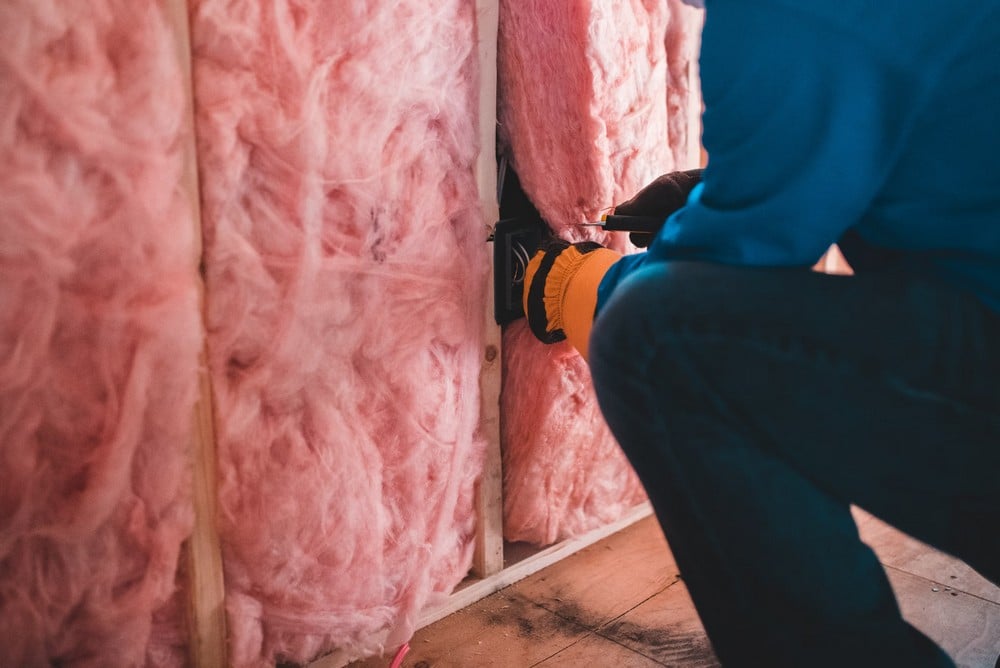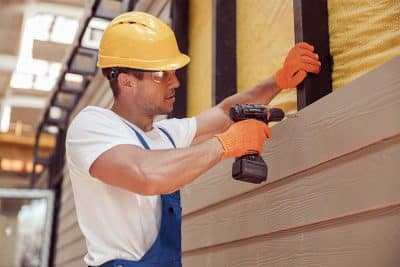Insulation is necessary in maintaining a comfortable living environment in any home or commercial space. It helps regulate temperature, reduce energy consumption, and minimize noise. Choosing the right insulation type can be daunting, with various options available. Factors like climate, property structure, and budget need consideration. This article will explore several insulation types, their benefits, and how to make an informed choice. Understanding these will help you select the best insulation.

Spray Foam or Foam Board Insulation
Spray foam insulation is applied as a liquid that expands upon contact with surfaces, creating a seamless and airtight barrier. One significant advantage of spray foam is its ability to conform to irregular surfaces, eliminating any gaps that may allow heat to escape. This insulation type has a high R-value, which indicates superior thermal performance compared to traditional materials. Homeowners often find that spray foam can significantly reduce their energy bills. However, proper installation is vital, which might require the expertise of a professional. Therefore, hiring a skilled spray foam insulation contractor can ensure the longevity of the insulation. They are the ones with insulation expertise and knowledge you can leverage.
Foam board insulation is excellent for energy efficiency. This type consists of rigid polystyrene, polyisocyanurate, or polyurethane panels. Its high insulating properties make foam board suitable for basement, foundation, and exterior walls. An advantage of foam board is its ability to resist water, making it ideal for locations prone to moisture exposure. It offers considerable thermal resistance without taking up much space, allowing for easy installation in tight areas. Homeowners appreciate that it can be cut to fit various shapes, ensuring a snug, airtight fit around pipes and ducts.
Fiberglass Insulation
Fiberglass insulation is commonly used in residential buildings. This insulation type comes in batts, rolls, or loose-fill, making it versatile for different applications. One notable benefit is its resistive properties against moisture. It is also fire resistant, adding an extra safety layer to your property. If you’re considering implementing fiberglass insulation, contacting an insulation contractor to evaluate your options could be invaluable. They will provide insights into whether this type suits your needs or if another insulation type offers better efficiency.
Cellulose Insulation
Cellulose insulation is an eco-friendly choice since it is made from recycled paper products. This type of insulation is often treated with fire retardants to enhance fire safety. Cellulose insulation can be blown into walls, providing a dense, effective insulation barrier that minimizes air gaps. It is particularly effective in reducing noise transmission, making it popular in urban areas or rooms needing extra soundproofing. Cellulose has a lower environmental impact than other insulation products, appealing to environmentally conscious homeowners. However, periodic re-insulation may be necessary in areas prone to settling, which can reduce its effectiveness over time.
Mineral Wool Insulation
Mineral wool is made from recycled materials. This insulation type is known for its strong soundproofing and heat resistance performance. It is not only fireproof but also resistant to mold and pests, significantly enhancing the durability of your insulation. This resilience makes mineral wool suitable for areas exposed to extreme temperature fluctuations. Available in batts or loose-fill, it can be installed in various applications, from attics to walls. Homeowners appreciate the eco-friendly manufacturing processes, which often include recycled materials, aligning with sustainable building practices.

Choosing the right insulation type is essential for optimizing energy efficiency in your home. Each insulation option has unique benefits suited to different needs, and understanding these can streamline your decision process. Every insulation type offers varying degrees of performance, cost, and eco-friendliness, from fiberglass to spray foam. Evaluate the climate and structure of your property to make the best choice. Consulting professionals can provide valuable insights and assistance in determining the proper insulation for your space.








